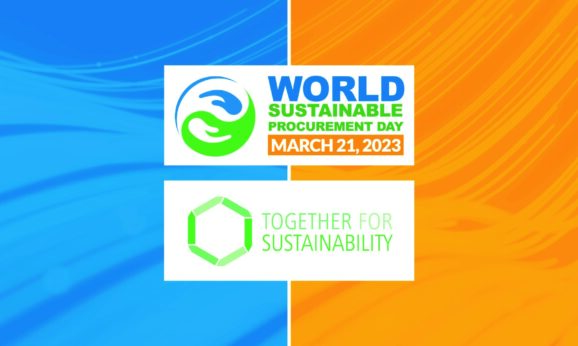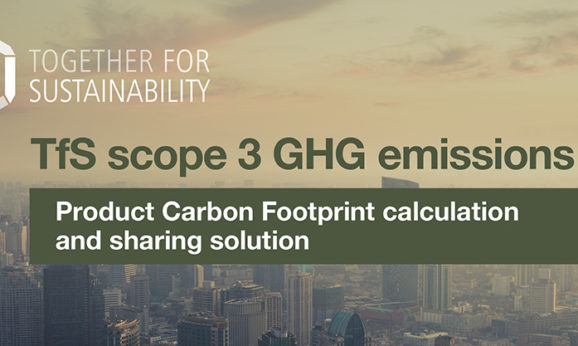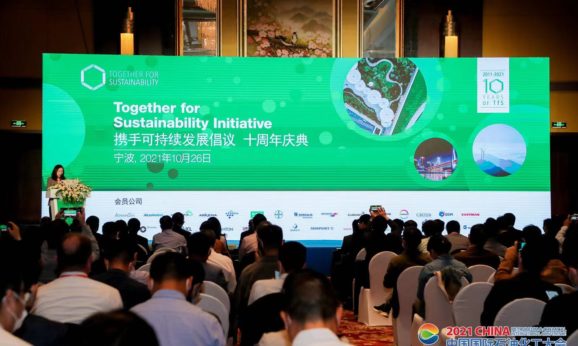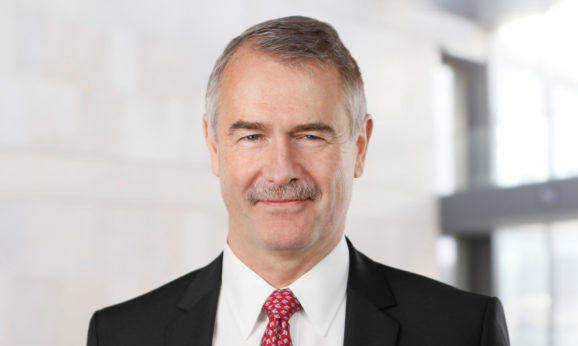Ritesh Kothari, Tricon Energy on sustainable value chains and multi-stakeholder collaboration
We hope to contribute to making sustainability – from improving respect for human rights to calculating product carbon footprint – more understandable and accessible to our suppliers around the world. We believe every actor in the value chain has a role to play in contributing to a more inclusive and net zero future.
![]()
Tricon Energy joined the TfS initiative last April. Below you can read the interview TfS had with Ritesh Kothari, Director of Global Operations Tricon Energy.
On Tricon Energy and sustainability
Q Briefly introduce your company and explain your position with regard to sustainability
Tricon is an industry leader in the global trade and distribution of chemicals, and we provide services around logistics, risk management, financing, distribution, technical support, and market intelligence. In 2022, we updated our company purpose to reflect our ambition in sustainability: To efficiently and sustainably connect the world with essential goods. This company purpose is supported by a foundation of governance, where we aim to integrate ESG into decision-making, and our three sustainability pillars: promoting social and economic inclusion; protecting the environment for people, climate, and ecosystems; and enabling a more circular economy.
On joining TfS
Q What is the main rationale for Tricon Energy to join TfS?
At Tricon, we believe value chain and multi-stakeholder collaboration is critical. Joining TfS represents an opportunity to collaborate with the chemical industry toward sustainable impact, particularly on material issues like human rights due diligence and product carbon footprint.
Q What do you see as the main benefits (s) for Tricon Energy? How will TfS membership help you reach your corporate sustainability targets?
Tricon is positioned in the middle of a complex, global value chain. We work with both large and small companies, both producers and converters, and in markets with different sustainability drivers. It can be challenging to address sustainability across such diverse contexts, and TfS offers a platform to improve industry responsible sourcing and carbon footprint standards, similarly to how the chemical industry has advanced similar issues like health and safety standards in the past.
For us, sustainability is not just about checking the box – we believe in creating more sustainable impact, and that requires being part of industry-wide solutions like those TfS is working toward.
Engaging with TfS
Q Last September, TfS launched the Product Carbon Footprint (PCF) Guideline to drive decarbonisation through the chemical industry and beyond. How will Tricon Energy implement the TfS PCF Guideline within the company and with its suppliers?
Product carbon footprint is the largest source of our scope 3 emissions, alongside the transportation of products. The TfS PCF Guideline supports improvements in emissions transparency across the value chain. We hope to tackle current carbon footprint challenges, like interoperability and comparability, with TfS and other multistakeholder initiatives, and to continue to improve efforts to capture data and align with the PCF Guideline.
Q TfS is a member-driven organisation; members drive the TfS initiative forward. How/where does Tricon Energy see itself contributing to the initiative?
We have a somewhat unique perspective on the challenges and opportunities in the value chain given our relationships across such diverse markets. We hope to contribute to making sustainability – from improving respect for human rights to calculating product carbon footprint – more understandable and accessible to our suppliers around the world. We believe every actor in the value chain has a role to play in contributing to a more inclusive and net zero future.





























